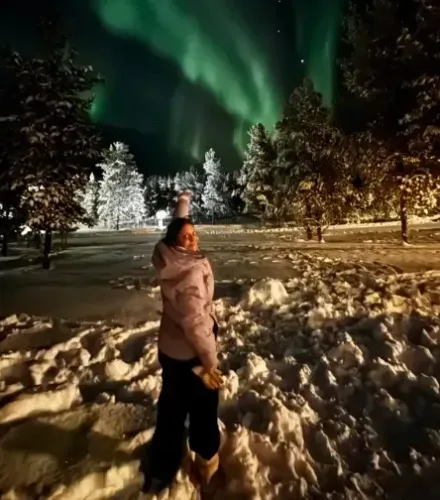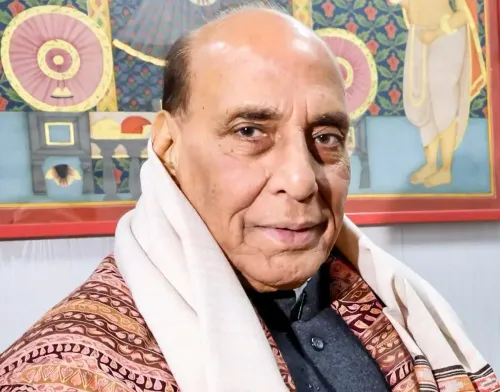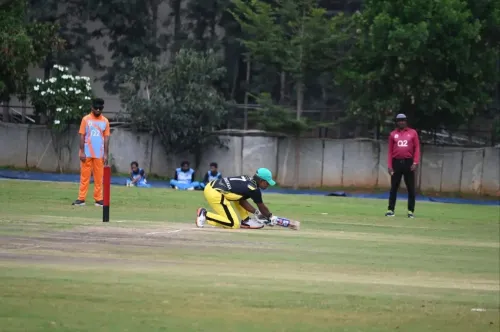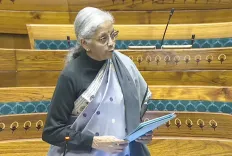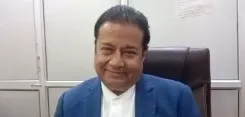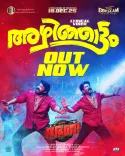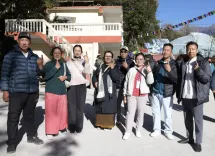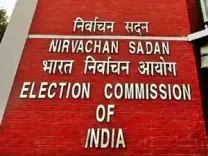Bangladesh: Tension Erupts in Dhaka as Hizb ut-Tahrir Stages Large Rally
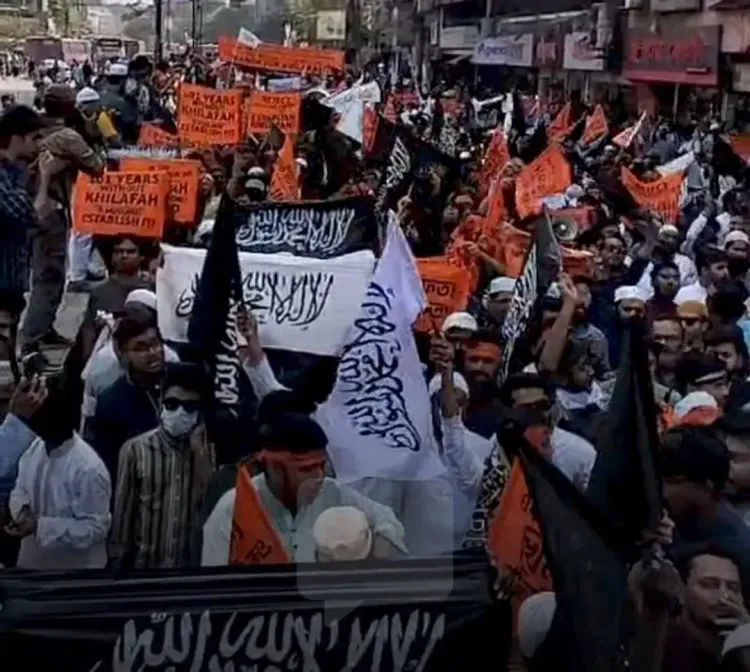
Synopsis
Key Takeaways
- Massive rally by Hizb ut-Tahrir in Dhaka
- Deteriorating law and order under interim government
- Posters of the group found near a memorial
- Open support for extremists by the current regime
- Violence against national monuments
Dhaka, Mar 7 (NationPress) Tension and anxiety swept through Dhaka and various regions of Bangladesh on Friday as the prohibited militant group Hizb ut-Tahrir organized a substantial rally in the capital, highlighting the rapidly deteriorating law and order situation in the country under the interim administration of Muhammad Yunus.
Over a thousand members of the organization participated in the procession as part of the 'March for Khilafat' (March for Caliphate) initiative following the conclusion of Friday prayers at the national mosque.
This event, taking place under the watchful eyes of law enforcement, showcased the leniency given to extremist groups by the Yunus-led interim government.
In August 2024, shortly after the removal of the Awami League Government, led by former Prime Minister Sheikh Hasina, posters of Hizb ut-Tahrir were discovered plastered around the damaged 'Deepto Shopoth' sculpture, a tribute to police officers who lost their lives during the 2016 terror assault on Dhaka's Holey Artisan Bakery.
“Dear Secretary Marco Rubio, in Bangladesh, Muhammad Yunus, leader of the unlawful regime, openly endorses Al Qaeda, ISIS, Hizb Ut Tahrir, and Hamas. Numerous students in the country are being drawn into an anti-Semitic jihadist agenda,” remarked Salah Uddin Shoaib Choudhury, a counter-terrorism expert based in Dhaka, on X while tagging the US Secretary of State.
Since the fall of Hasina’s government amid violent protests, there have been efforts to vandalize various sculptures nationwide.
In addition to engaging in violence, members of Hizb ut-Tahrir have targeted monuments of Bangladesh's founder, Bangabandhu Sheikh Mujibur Rahman, and numerous other memorials associated with the Bangladesh Liberation War.
Hizb ut-Tahrir first gained momentum in Bangladesh during the reign of the Bangladesh Nationalist Party-Jamaat coalition, advocating for the establishment of an Islamic Caliphate.
The Awami League government banned Hizb ut-Tahrir on October 22, 2009, citing that the organization’s activities posed a significant threat to public safety. The group is also outlawed in several other Muslim-majority nations due to allegations of promoting extremism internationally, according to reports from Dhaka Tribune.
However, since the Yunus-led interim government took control, extremist organizations like Hizb ut-Tahrir have begun to openly demonstrate in Bangladesh. On August 10 last year, members of the banned group staged a march from Baitul Mukarram to the National Press Club in Dhaka, where they conducted a brief rally.
“Mr. Yunus is losing control. He has lifted the ban on Jamaat-e-Islami and its student faction, Shibir, while banning Chhatra League, the Awami League's student wing, the oldest political party in Bangladesh. He has also removed the ban on Islamic terrorist groups such as Hizb ut-Tahrir and Ansarullah Bangla Team,” noted Bangladeshi author Taslima Nareen in a social media post last October.


